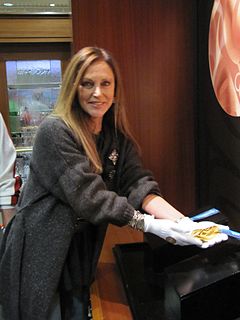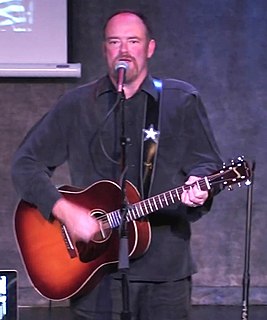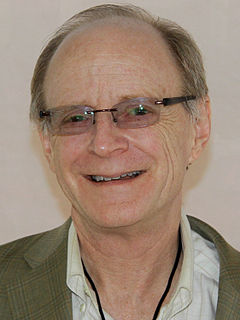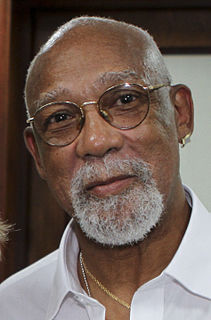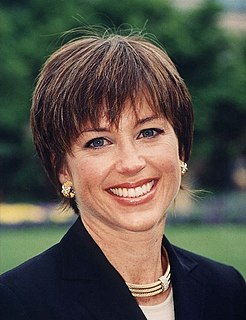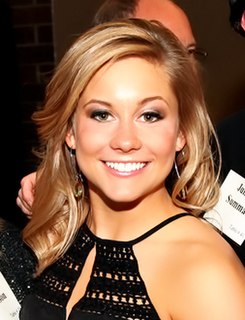A Quote by Peggy Fleming
In 1968, in the midst of the tumultuous 1960s, the Olympics were much more than just another event
Related Quotes
We make two mistakes about the ancient world. One is to assume they were better than us - that, for instance, the ancient Olympics didn't involve money-making. The opposite mistake, and just as common, is to think our Olympics are much more civilised than ancient sporting competitions. Neither is true.
Television in the 1960s & 70s had just as much dross and the programmes were a lot more tediously patronising than they are now. Memory truncates occasional gems into a glittering skein of brilliance. More television, more channels means more good television and, of course, more bad. The same equation applies to publishing, film and, I expect, sumo wrestling.
When I was arrested opposing the war in Vietnam in 1965, as I said about 20 or 30% of people were opposed to the war. By 1968, more than half of Americans were opposed to the war. If you pull in Europeans, Canadians, people from around the Third World, the war was vastly unpopular. But even half of Americans by 1968 opposed the war.
In the history of photography, one process has always replaced another. The tumultuous realignment that's going on in the photography now is really just a natural evolution. The irony is that none of the processes that have been replaced have disappeared. More people than ever are practicing every approach to shooting and printing.
The world's geography is not realistic. Geography is not real. Borders are only closed to people but they are open to products. There is another type of geography outside of this matrix. Because of this we noticed we were talking about much more than just Latin America. That was very important to put the film on another level. Based on this idea, we knew that we were not in this world any longer.
